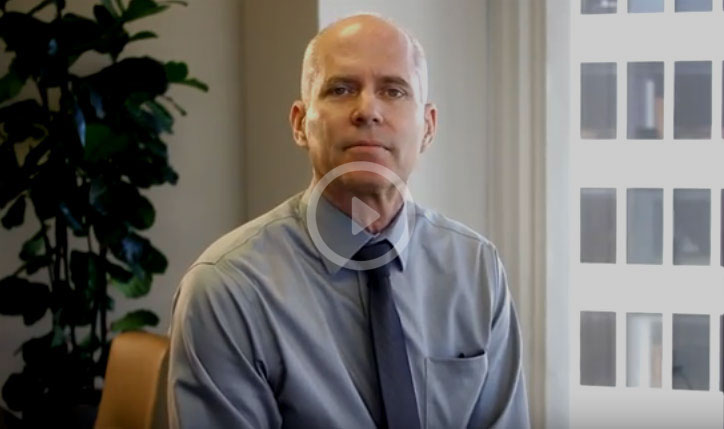Cal. Veh. Code Sec. 20001-20004
You must stop and give your driver’s license and registration information if you are involved in an accident. If no one else is present, the information must be left for the owner of the damaged property. If there is an injury you also must help get medical assistance if needed.
If there is only property damage, the crime for fleeing is a misdemeanor with up to 6 months in jail plus a fine and restitution. If there’s an injury, the crime is a wobbler and the penalty increases to a year; if there is “serious, permanent injury” the crime becomes a felony with up 4 years in prison. If the accident results in death, the crime does not become vehicular manslaughter, since that is a question of grossly negligent driving, and is technically not related to what happens after the collision – unless fleeing causes or contributes to the death.
This crime is generally separate from any question of fault. The crime is essentially one of “strict liability” in that it is punishment for evading liability, or leaving an accident victim to potentially suffer further harm – regardless of who caused the collsion in the first place. You must stop, regardless of fault, or whether you could effectively render aid or not, or whether others have stopped to render aid and/or called 911.
You do not have to have actually colide with anyone or anything to be charged with this crime. A participant in a street race that leads to a collision, for example, would be considered to have “caused” the collision without having been in the wreck.
A Great Bodily Injury allegation is almost always included if there is an injury. This is a sentencing enhancement and will add 3 or more years to a sentence if the jury determines that the crime caused more than “moderate” harm. This can usually be dismissed by demurrer or at the preliminary hearing if there is no evidence that fleeing caused any harm beyond the original collision.
In keeping with this thinking, however, prosecutors tend to treat the other party to the collision who was injured even through their own fault as “victims” of the hit and run, and seek a GBI enhancement, as well as compensation through criminal restitution. This is done, even though case law clearly defines the crime as not the “hitting” but the “running.” This is legally significant because the running does not typically cause any further injury. But this fact is routinely disregarded by the prosecution who typically treat the injured party as a crime victim, regardless of whose fault the collision was, or whether or not stopping would have helped at all.
Because of this, an experienced and aggressive attorney is necessary to defend these cases to fight an overzealous prosecutor.
Defenses: Because of the unusual nature of this crime, there is no affirmative defense, such as a legal excuse for not stopping. But like nearly all crimes, intent is a requirement, so you would have to know there was a collision involving property damage or injury. If you reasonably thought you drove over debris in the road, this would not constitute hit and run. Also, after the collision, you also must be able to stop safely. It’s not “running” if you are simply trying to find somewhere safe to pull over, or attempting to circle around to return to the scene.

